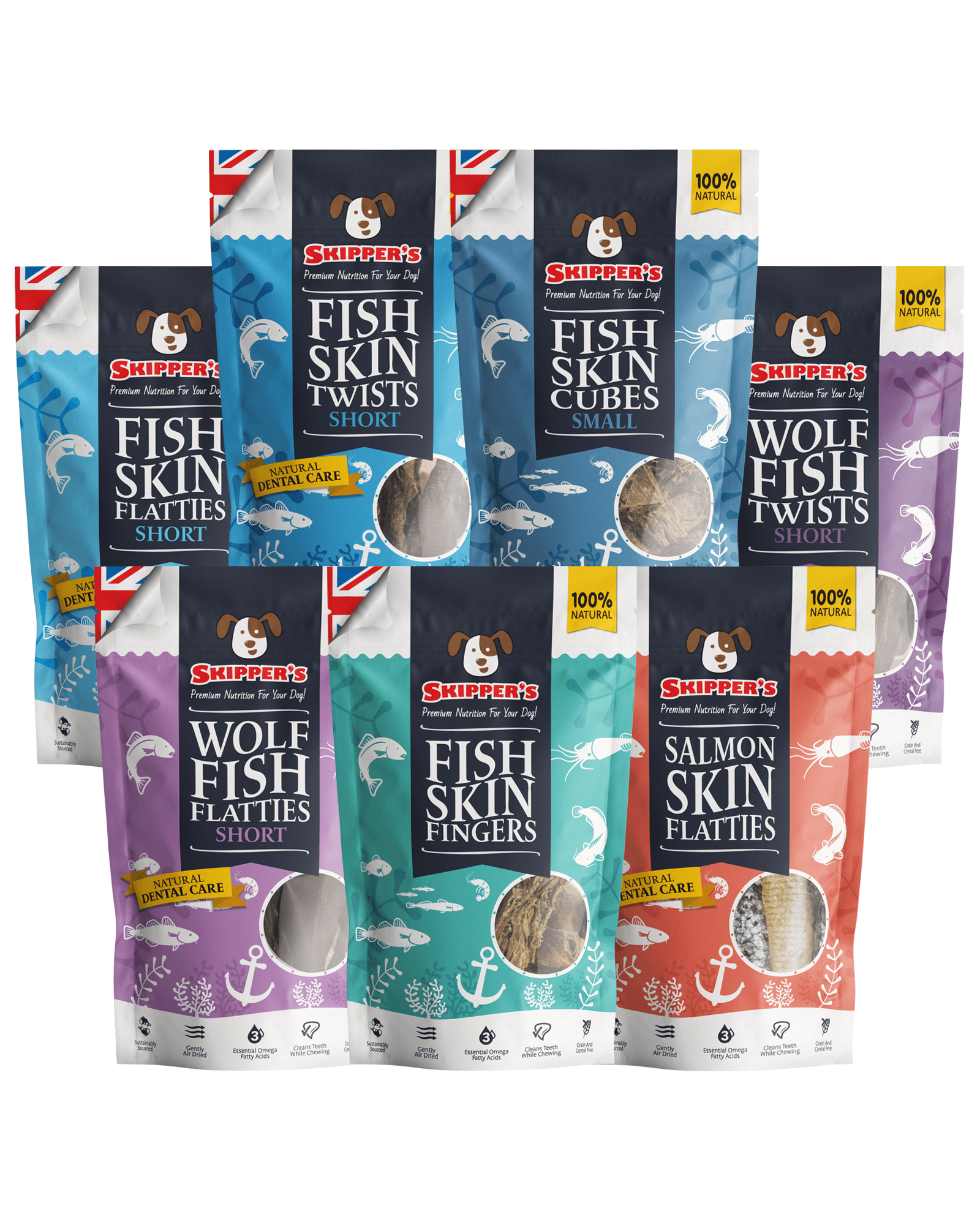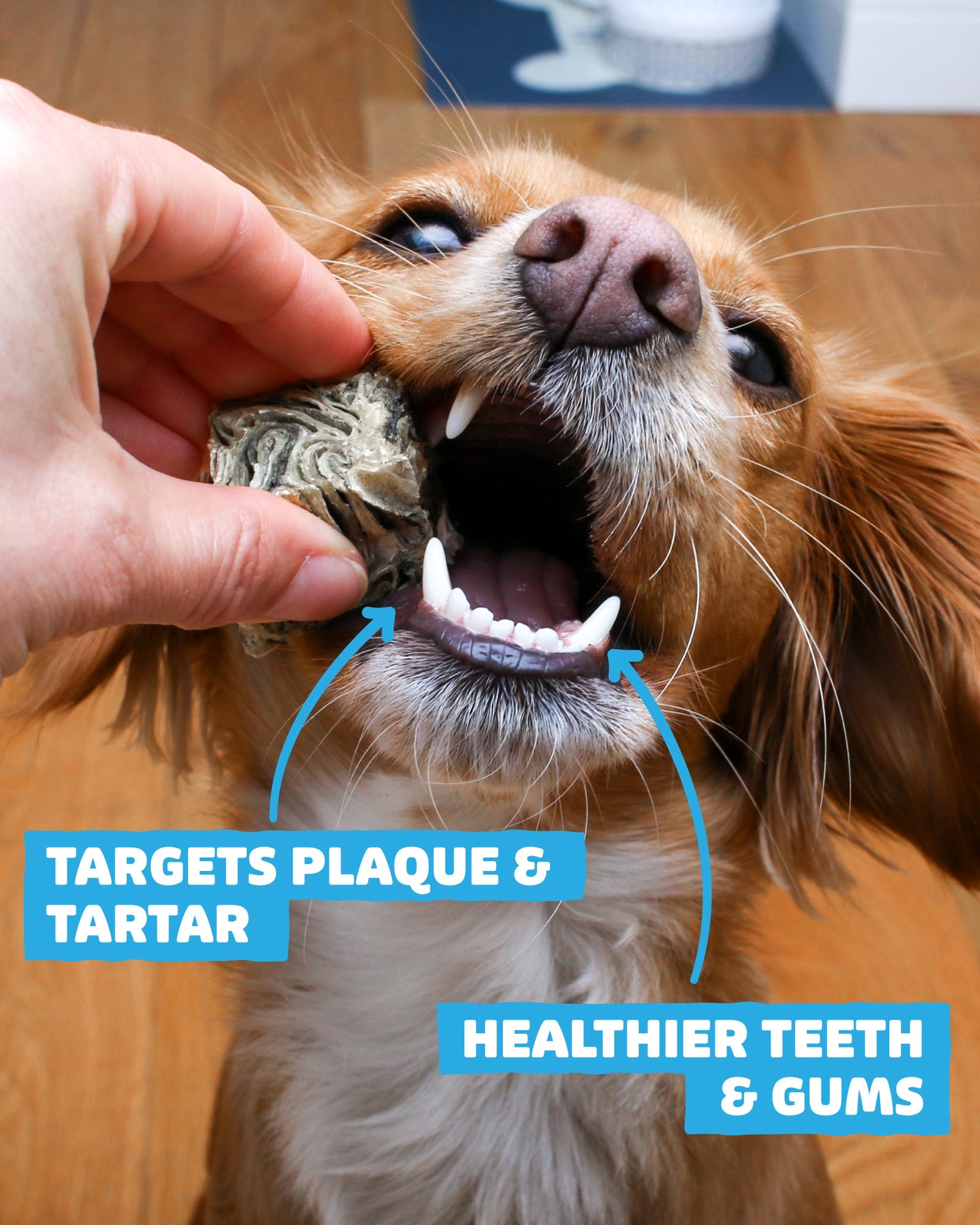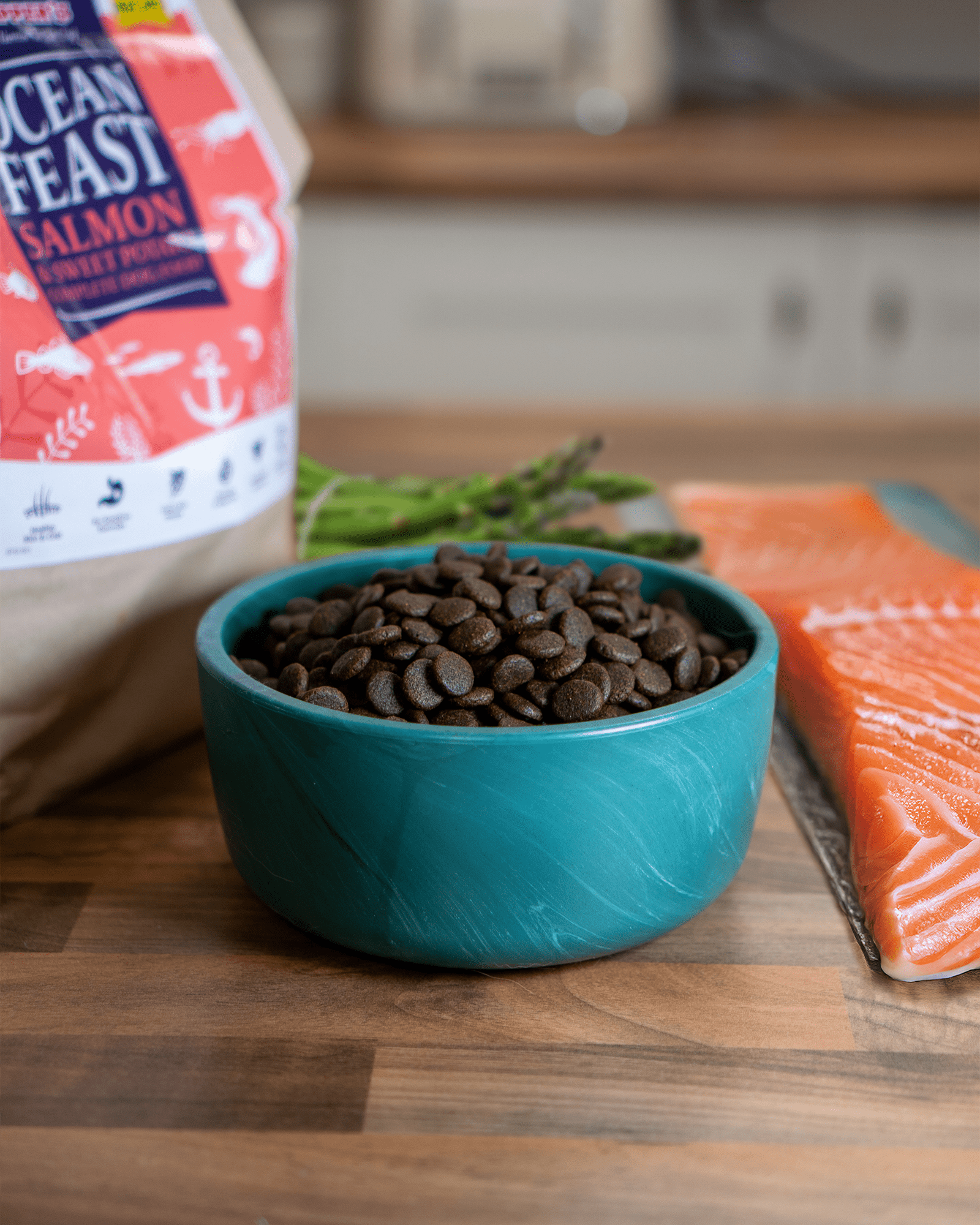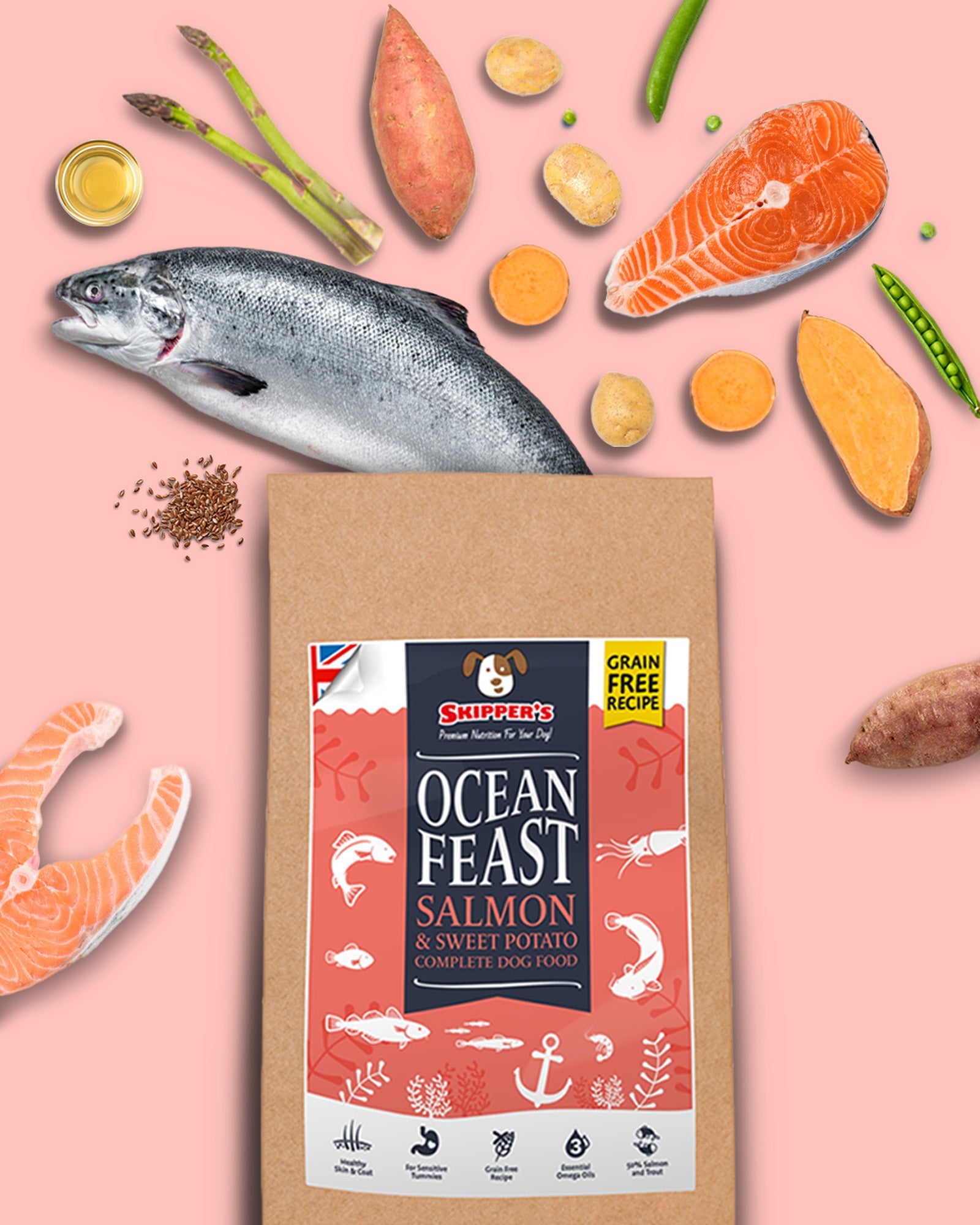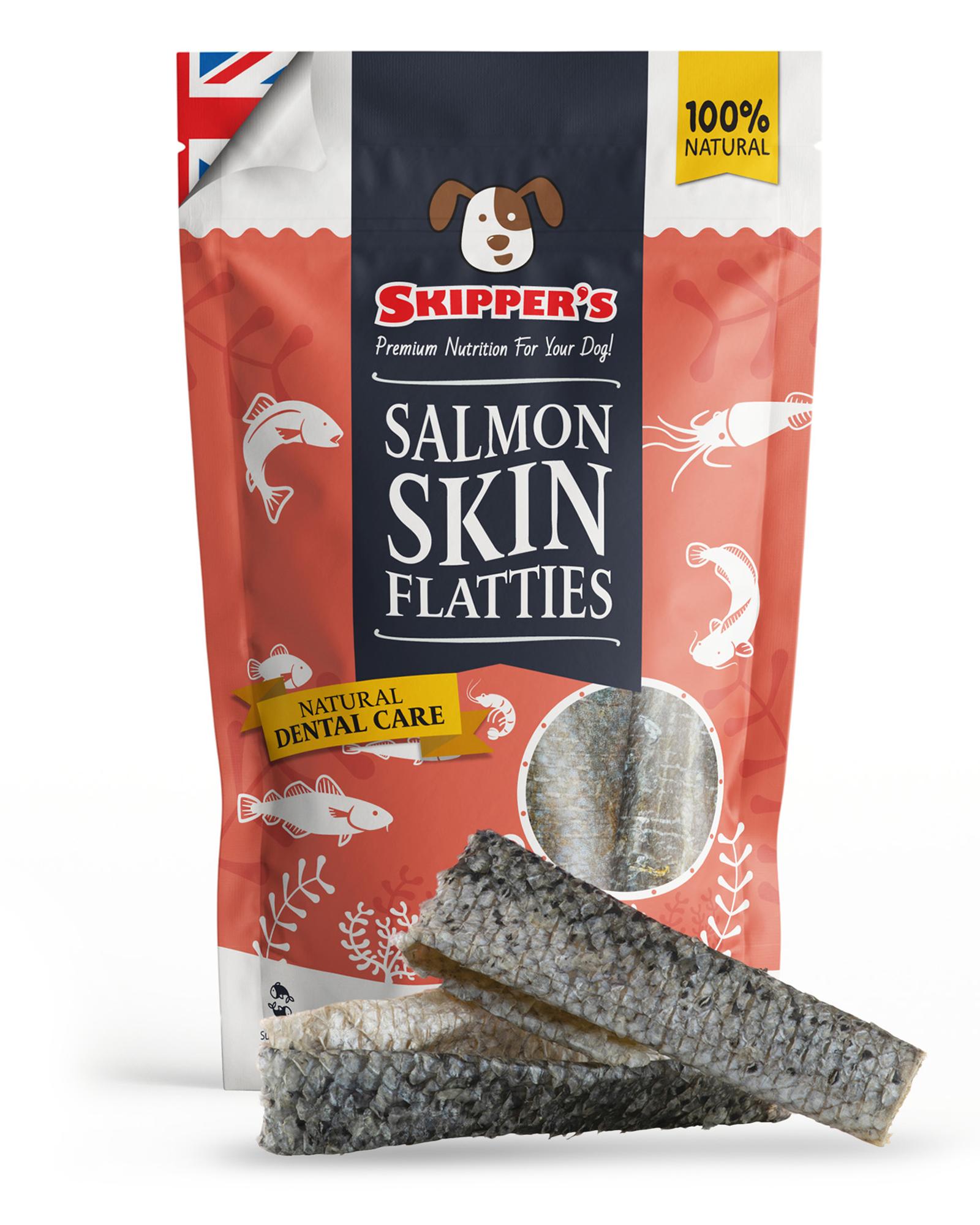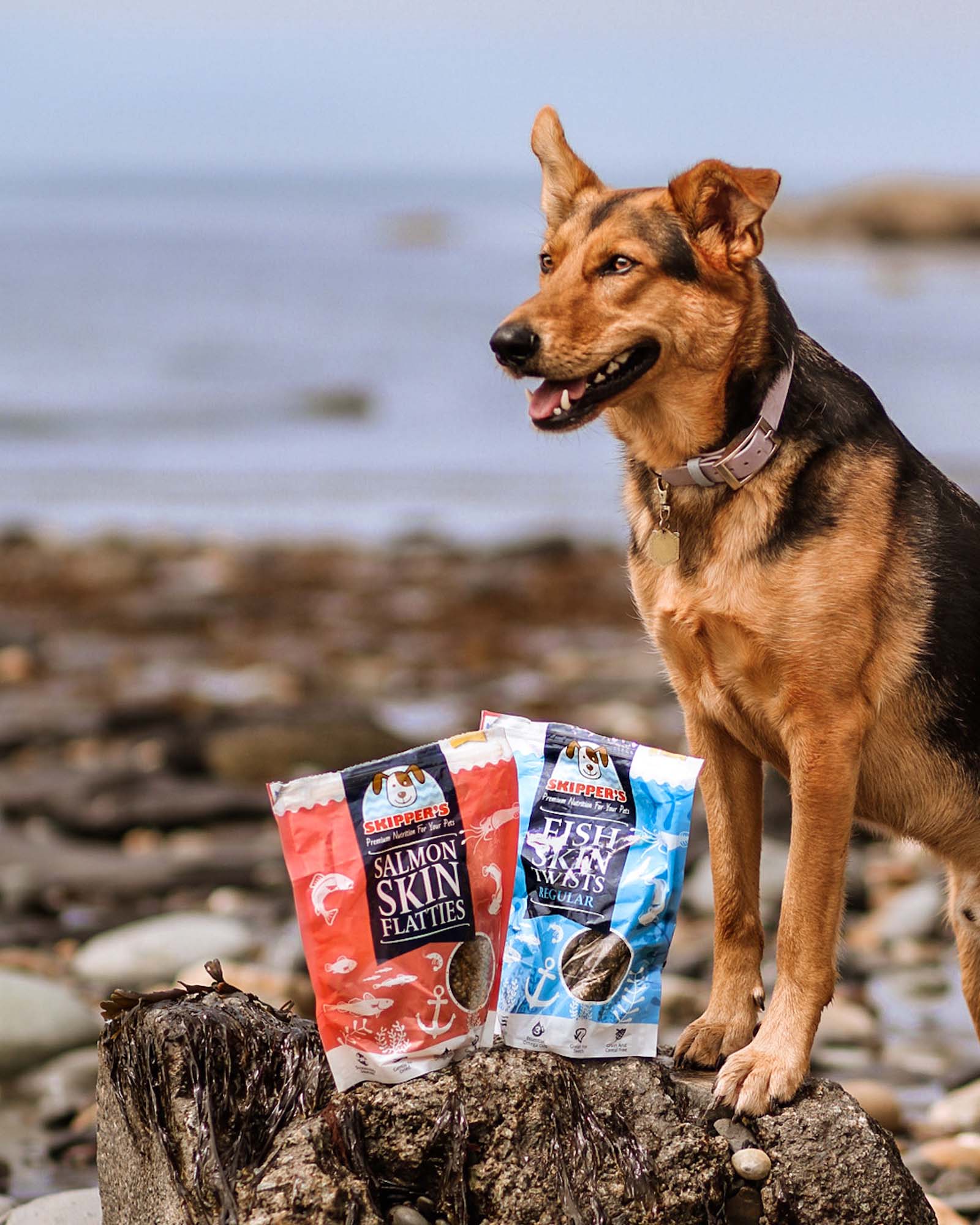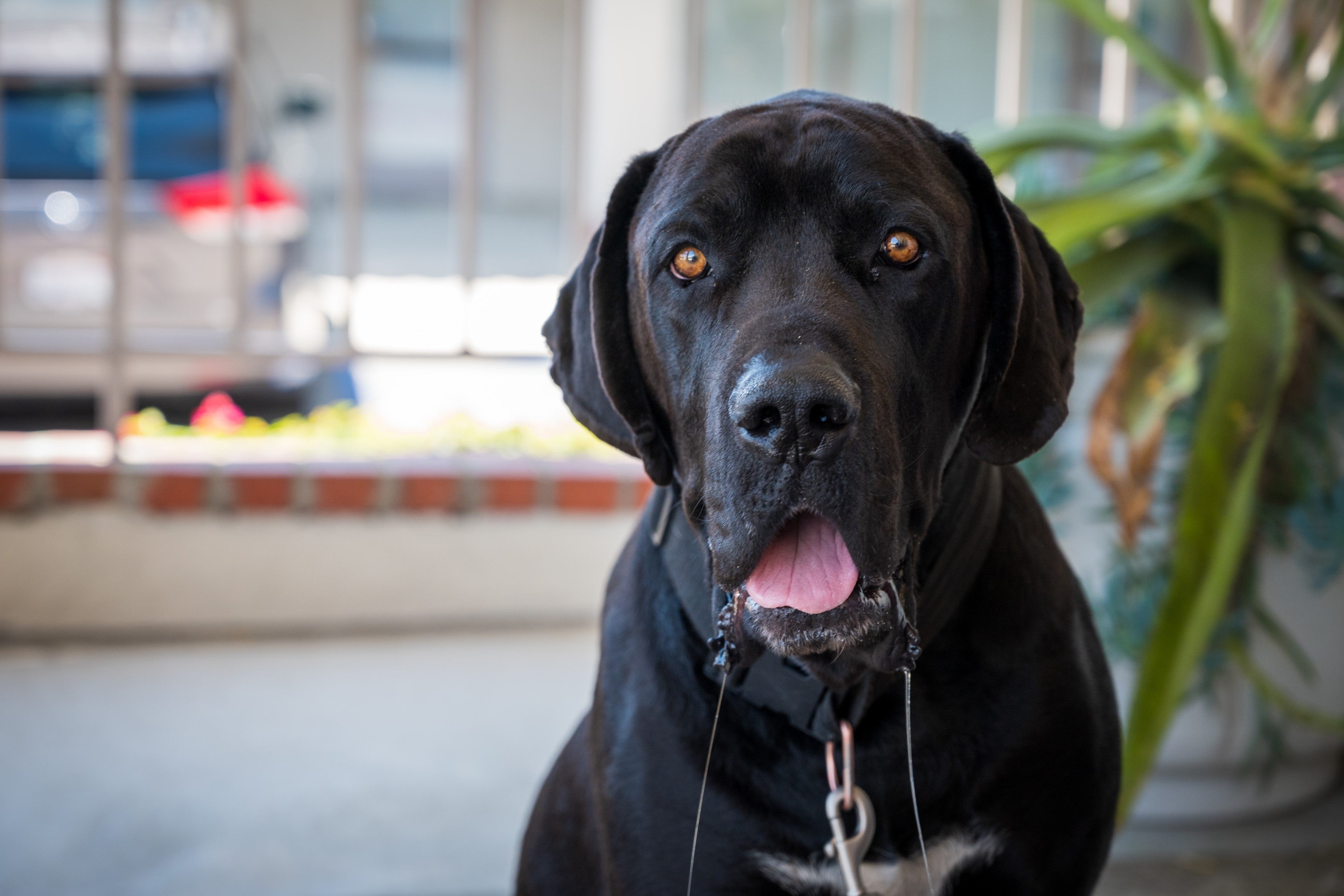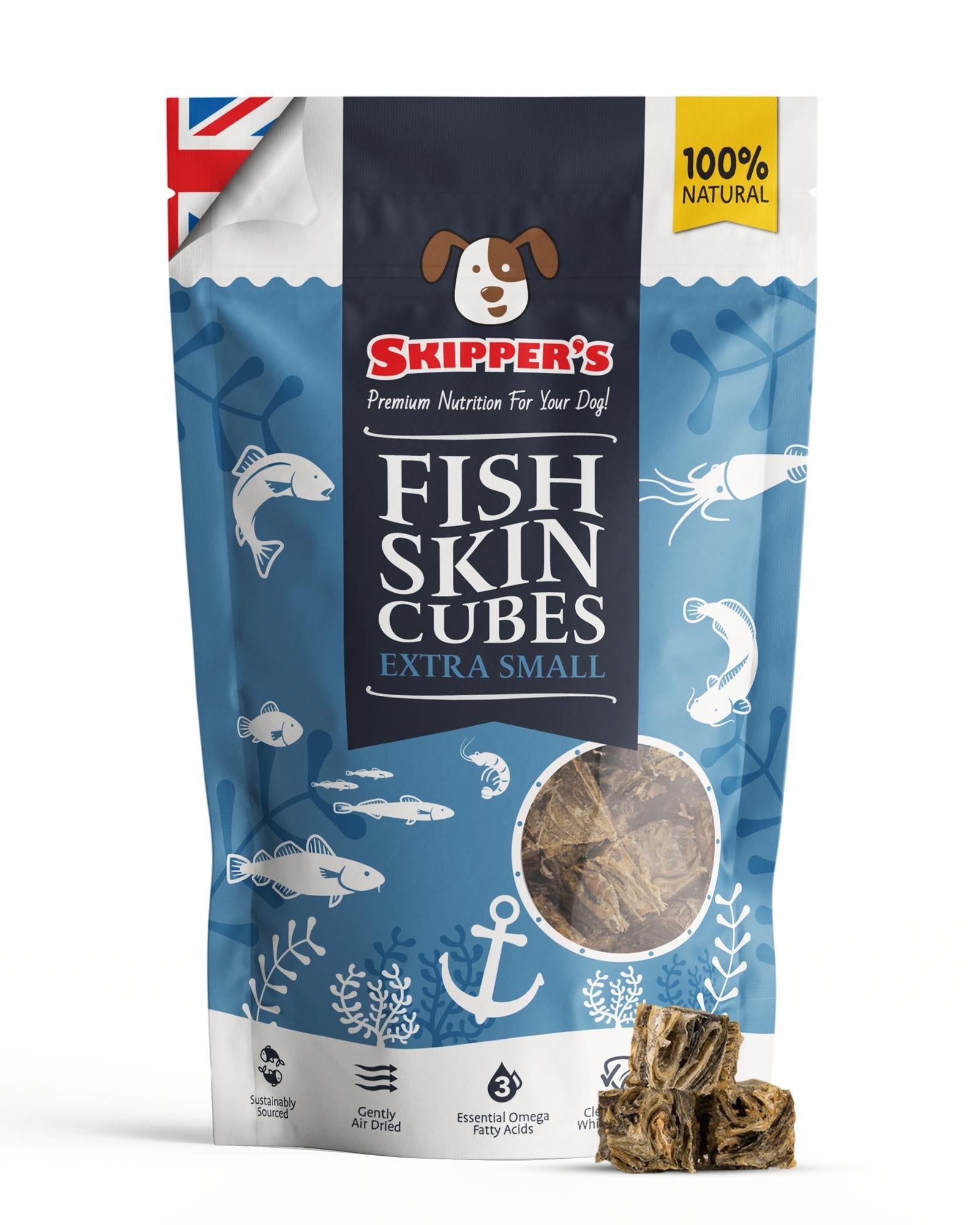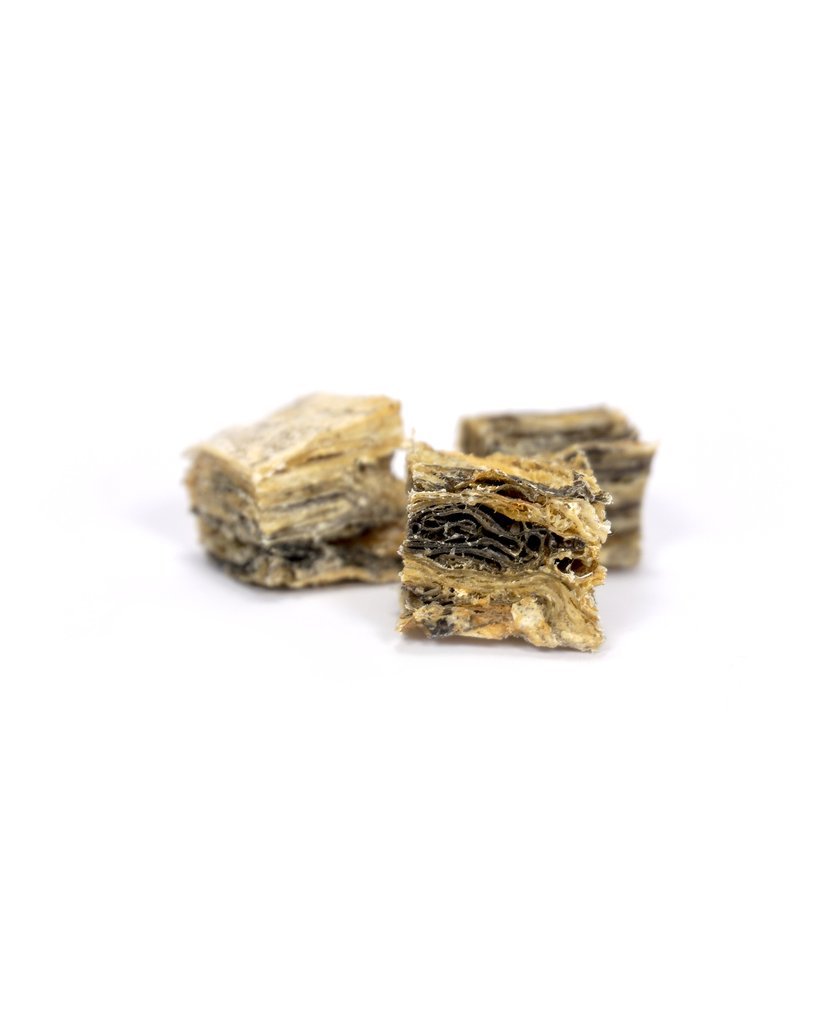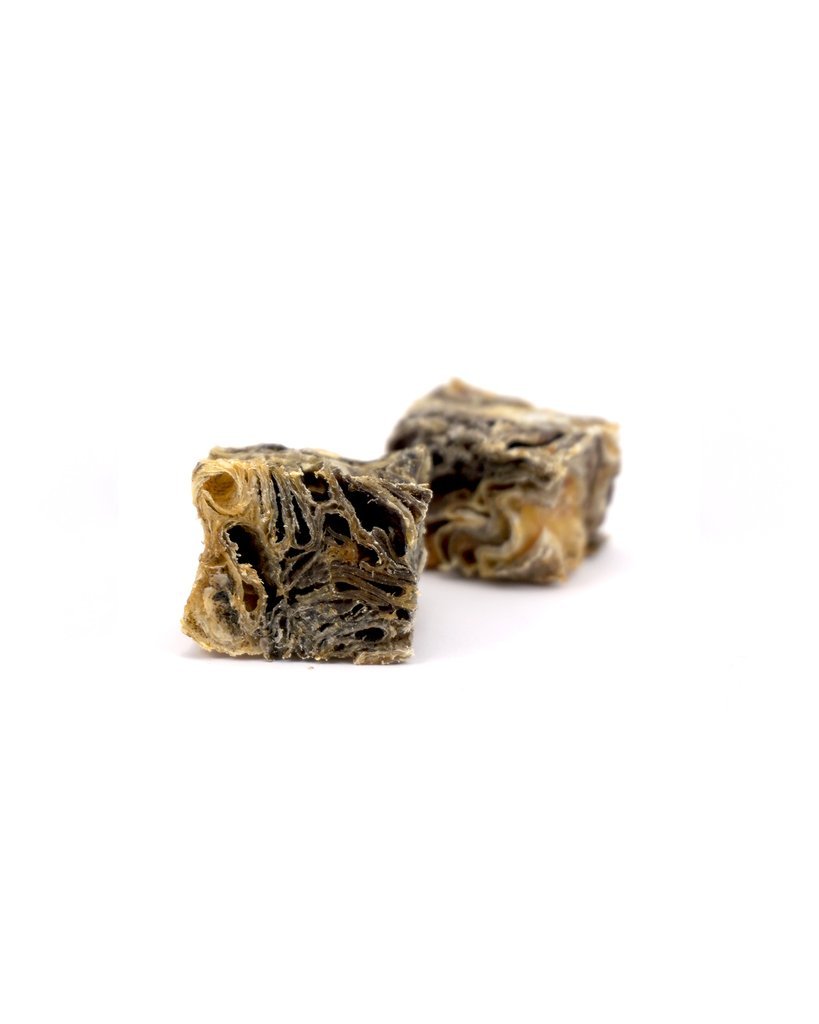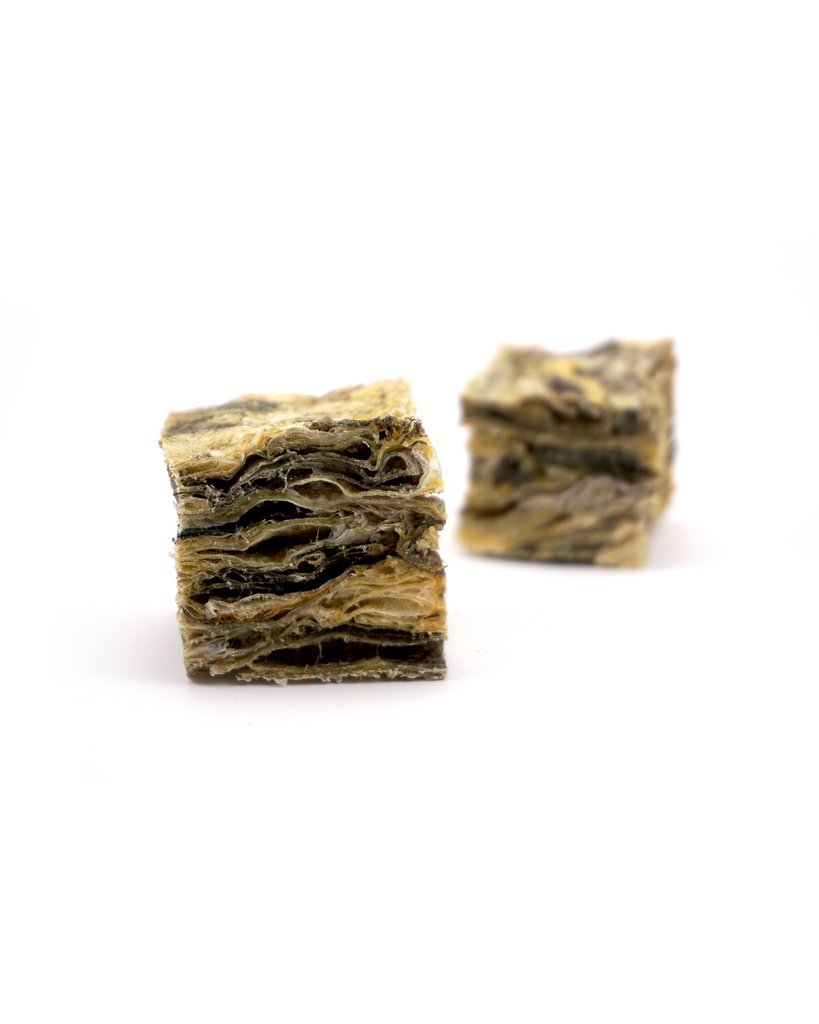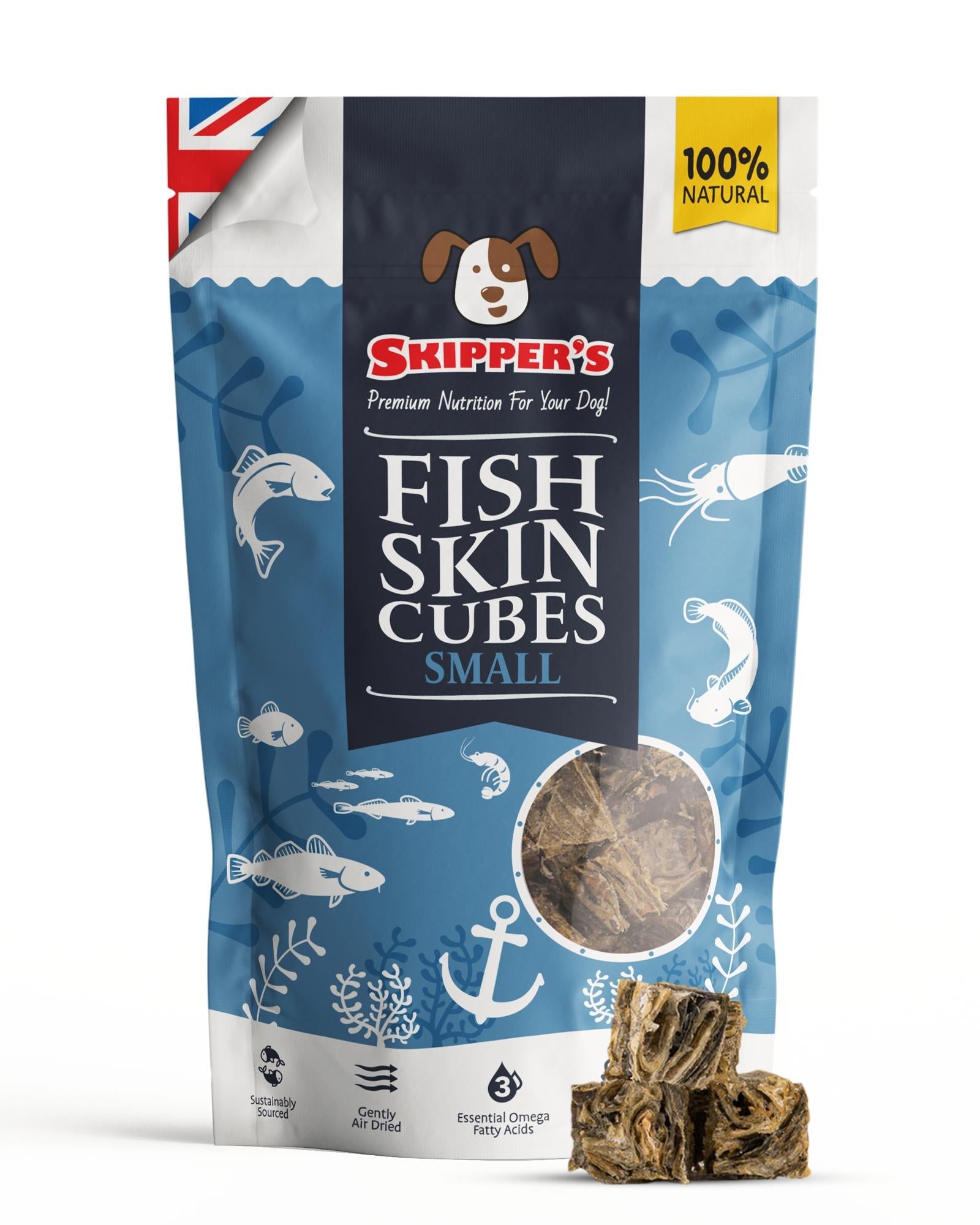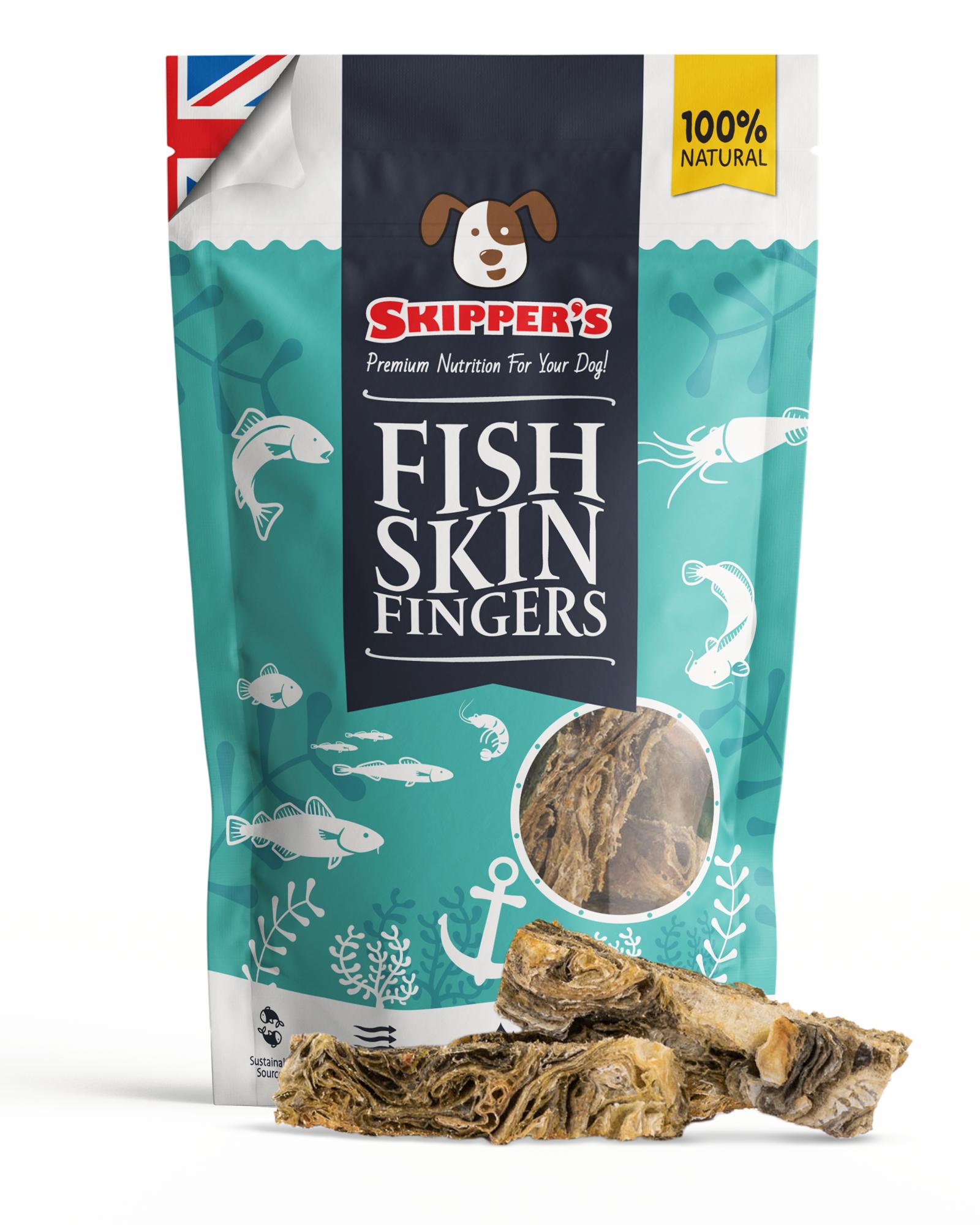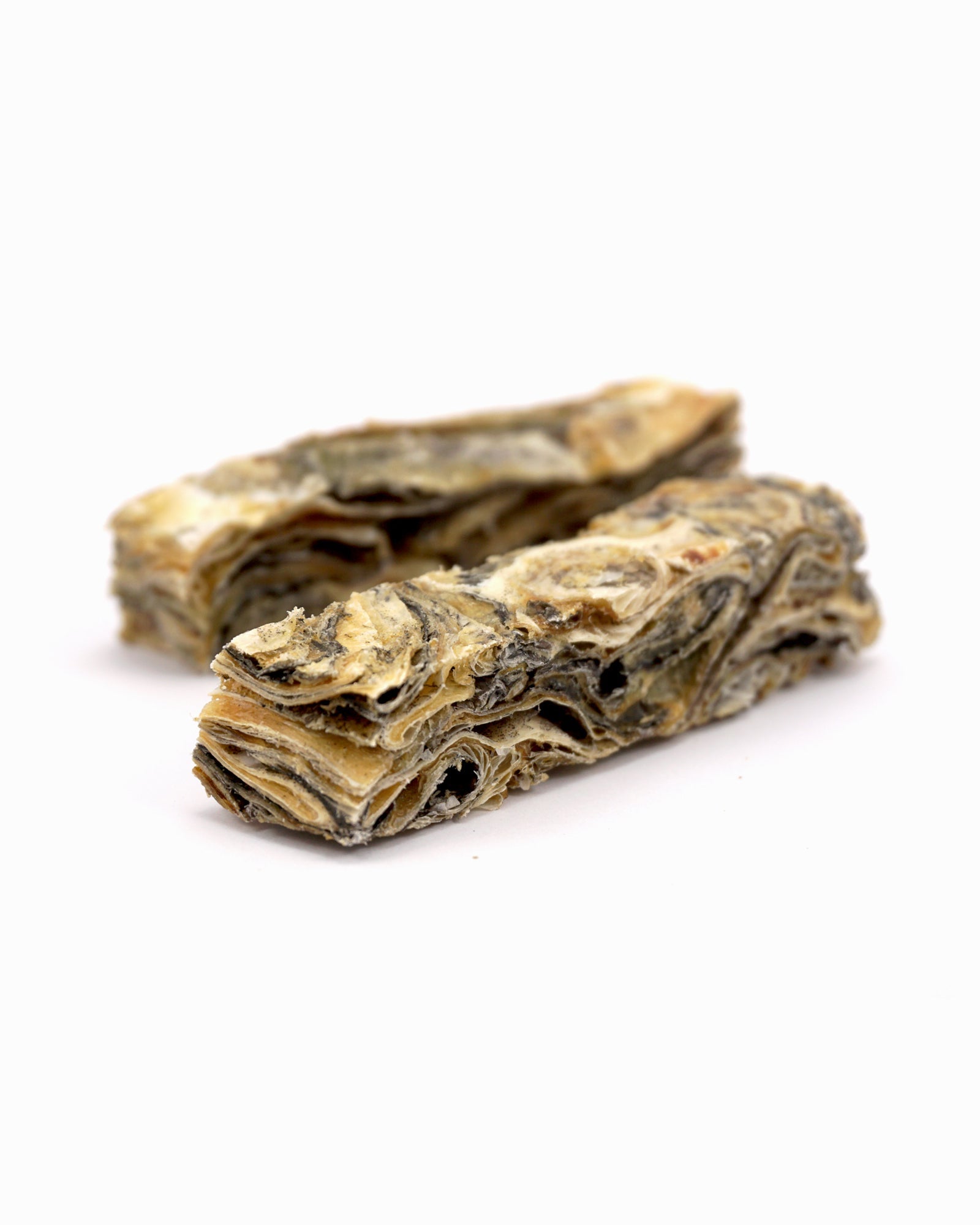When we see our dog drooling, it may be overlooked as something not to be worried about. A lot of the time, drooling is completely normal, and you often see dogs drooling when you're presenting them with a meaty snack. For some dog breeds, it's part of their everyday life, making sure there isn't a day that goes by that you don't see a splodge of saliva on the floor. But, whether it is a Saint Bernard or a Bulldog, these wet and slobbery mouths are part of what we sign up for when we get a dog.
However, like many other dog owners, you might start to wonder, why is my dog drooling more than usual? In this blog, you will understand when dog drooling is harmless and when it might warrant a closer look.
Why do dogs drool?
Dogs drool for a variety of reasons, and more often than not, it's nothing that you need to be too concerned about. Dog drooling, also known as ptyalism, is when a dog's body produces an excess of saliva, causing the dog to drool excessively. It is typically expected for dogs to drool a normal amount in certain circumstances. However, dog drooling can start to become concerning when it is excessive or occurs with no reasonable trigger. In these cases, the excessive drooling can be due to health-related issues that will require a check-up at your veterinary practice.
Is dog drooling more common in certain breeds?
Yes, there are certain breeds that drool more often than others. The reason for this is due to a few physical structures around their face. Dogs that have a larger and looser mouth often struggle to contain the saliva. Furthermore, dogs with loose and droopy jowls are prone to trapping saliva. The saliva then accumulates in the folds and easily spills out of the jowls. Finally, there are certain breeds with lips that are loose and hang away from the teeth and due to this, the saliva can easily escape and cause the dog to drool. Breeds that are associated with these physical attributes are:
- Saint Bernard
- Mastiff
- Bulldog
- Newfoundland
- Boxer
- Great Dane
- Bloodhound
Why do dogs drool in their sleep?
When you see your four-legged friend fast asleep, you might notice that they're drooling. This tends to be due to the muscles relaxing, more specifically, your dog's jaw and facial muscles relax. Due to this, the saliva accumulates in your dog's mouth and can drip out. Other reasons can be increased saliva production when your dog is dreaming during REM, mouth breathing, or potentially having a health issue.
What are the causes of dog drooling?

Breed disposition
Dogs can drool more often than others due to the shape and size of their mouth, jowls and lips.
Food anticipation
You'll often see that a dog tends to start drooling when food is around. If they are anticipating their own dinner or know they are about to get a tasty dog treat, your dog might start to salivate more (just like humans)!
Dental issues
When dogs have a dental issue such as gum disease, periodontitis or an injury or foreign object in their mouth, they may start to salivate more, causing them to drool. If your dog does have a dental issue, they'll most likely have bad breath, paw at their mouth or possibly find it difficult to eat.
Heatstroke
During Summer or hot weather, drooling can be a sign that your dog has heatstroke. Additional signs could be panting, lethargy and diarrhoea. Heatstroke in dogs can be deadly and requires immediate veterinary attention.
Intense exercise
After an intense or long session of exercise, dogs often pant and drool as a way to cool themselves down and regulate their body temperature.
Nausea
When a dog feels nauseous, whether that is due to car sickness, an upset stomach or ingesting something that disagrees with them, dogs can start to drool. The drooling often occurs before they vomit.
Poisoning or toxins
Dogs can start to excessively drool when they ingest a toxic plant, chemicals or some mouldy food as a reaction to the harmful substance. If this occurs, it is commonly accompanied by vomiting, lethargy or shaking. It is vital to seek veterinary help as soon as possible.
Stress or anxiety
As a response to a stressful situation, such as a vet visit or the anxiety of being left alone can cause a dog to drool.
Health conditions
There are certain illnesses and health issues such as kidney or liver disease that can cause excessive drooling in dogs. If you are unaware of any health conditions and your dog is excessively drooling, it is essential that you contact your vet for a check-up.
Medications
Drooling can be a side effect from certain medications, if this does happen after your dog starts a course on a new medication, it is best to contact your vet for advice.
When to contact your vet
Your veterinarian should be contacted when you notice that your dog is drooling more than usual or if there are other symptoms present, such as vomiting, diarrhoea or panting.
Diagnosis of dog drooling
When visiting your vet for a diagnosis, they will ask a range of questions regarding your dog's health history and drooling habits. They will also ask if you have noticed additional symptoms, which will help them make a quicker and more accurate diagnosis.
Furthermore, your vet will carry out a physical examination, which will include examining your dog's mouth and body. Along with this, your veterinarian might perform additional diagnostic tests on their urine, faeces, and blood.
Treatment of dog drooling
Your dog's treatment will vary depending on the results of the diagnosis. For example, if your dog's drooling is caused by liver disease, your dog might need to go on a new diet, a course of antibiotics or, in more severe cases, surgery. If the drooling is a symptom of periodontal disease, the vet will recommend a dental treatment.



